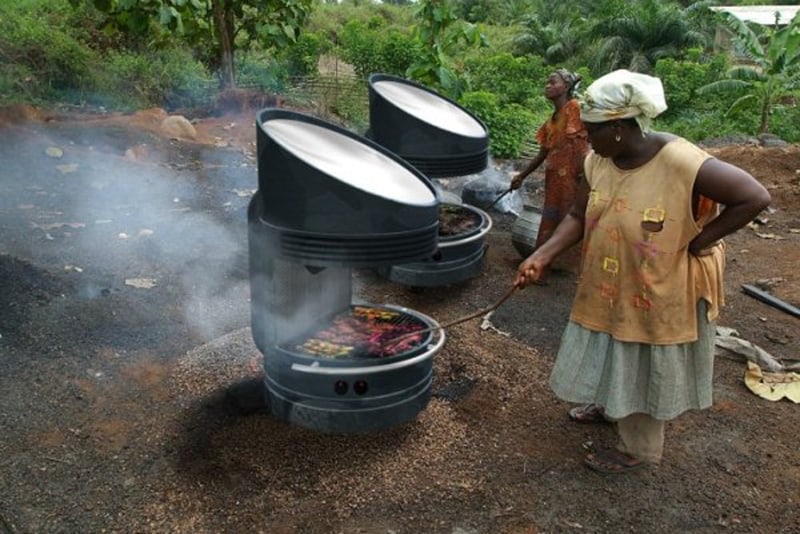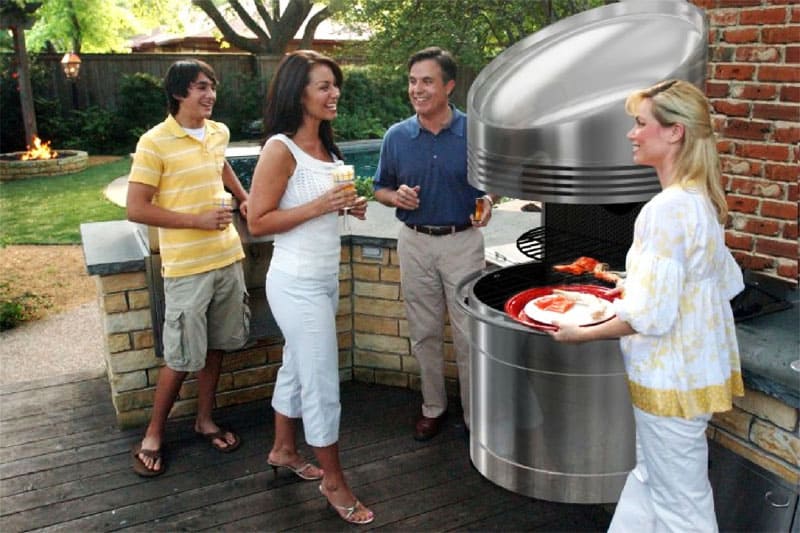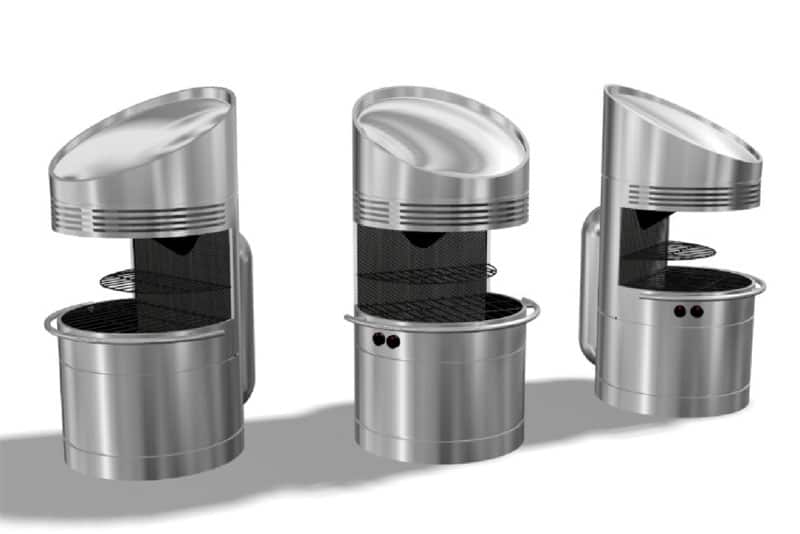Many of us will be firing up our grills this weekend for some well-deserved barbecue time. After all, barbecuing is one of America’s greatest pastimes, but it certainly isn’t one of our most environmentally friendly. The solar cooker is one that stores solar heat in a sealed container of melting salt for about six hours during a tropical day.

If successful, this grill could both alleviate the well-known environmental impact of traditional charcoal grilling, and also offer a cleaner, greener and more socially sustainable cooking option in the developing world: This study is very timely because although the students are creating a new grill for American backyards, the business plan is designed to allow the grills to be deployed in developing countries as an alternative source for cooking. Wilson originally came up for the idea during his time spent in Nigeria. While there he noticed a large set of problems linked to practice of cooking with firewood.

Whether you prefer charcoal, wood chips or propane, grilling releases emissions and contributes to poor air quality. Up until now, solar powered grilling has required, as you might expect, the sun, which means traditional fuel-fired grills are required after sunset. But new solar technology developed by MIT professor David Wilson could bring a nighttime solar-powered grill to the market very soon; an invention also of great benefit to those in developing nations who rely on wood to cook all their food.
The students are currently conducting an online survey to gauge the grilling habits of potential customers.



